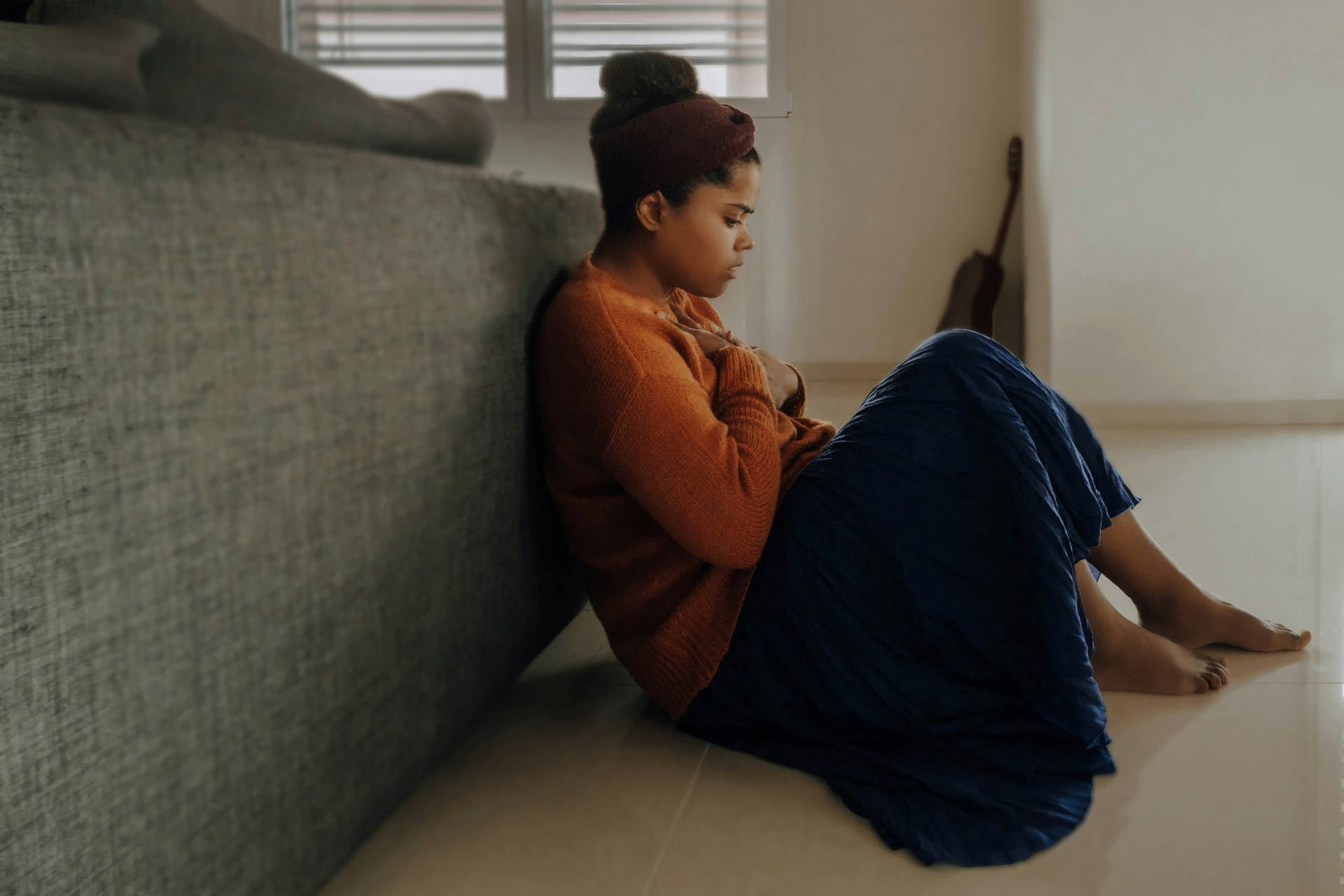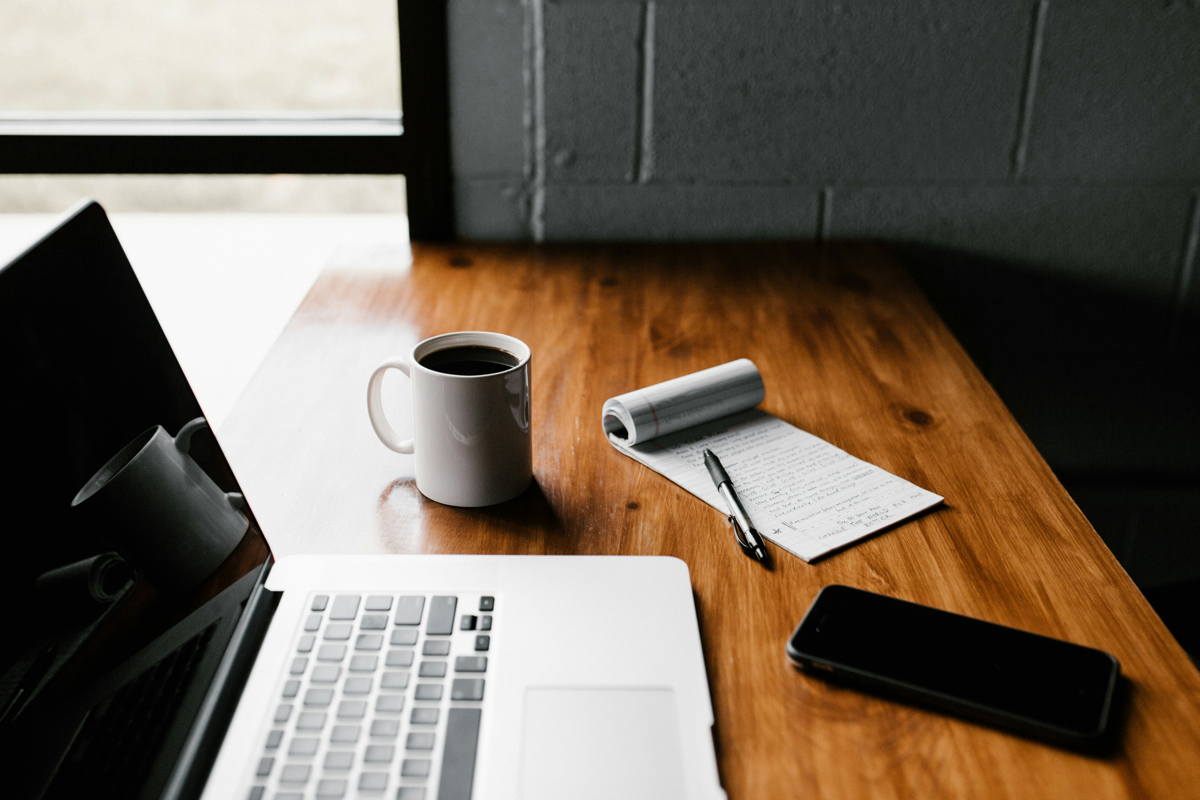
The Dark Side Of Self-Improvement
Self gratification granted from productivity can be addictive. Everyone wants to feel good about themselves, and a lot of us measure our self worth based on how much of our to-do list has been ticked off. Is this good?
It sounds harmless, but social media and capitalism have caused self-improvement to take a dark turn. For so long we’ve viewed being productive 24/7 as a requirement for success – constant self-improvement was the only way to get ahead. Girl boss feminism and #WorkonYourSelf popularised this mindset, both pushing the agenda that to be successful you have to utilise every waking moment to be productive by multi-tasking, getting up earlier and prioritising your progression above all else.
Studies show that 49% of people post their achievements online, ramping up the pressure to match the success of people you follow. Whilst there’s nothing wrong with trying to develop healthier habits, the stress associated with the constant need to be a better version of yourself can lead to depression, with 51% of adults who felt stressed reporting feeling depressed, according to the Mental Health Foundation.
Due to the fact most people only get two days off a week, the window in which they can ‘achieve’ things outside of their careers is slim, meaning much of our achievements are related to our work, further linking our self worth to our jobs. What makes this a dangerous pattern is that capitalism implies our ability to succeed in our career has no ceiling, there is always more we could do or more money we could make. Laura Berlant writes about this in her book Cruel Optimism, where she talks about the fact that society dangles the ultimate satisfaction after we’ve worked for X amount of time, but the happiness we’re promised after this work is a destination we can never reach. It keeps getting further and further away, as more and more work commitments arise.


The weekend is supposed to offer a couple of days of refuge where we can finally relax. Although, two days off per week isn’t enough to do life admin, rest, and socialise. This means even deciding how best to utilise our weekends can be difficult. The BBC noted ‘Some people feel enormous pressure to maximise their downtime with the best choices’. It’s a well known fact that doing things you enjoy with those you love makes people happy, but with less and less time for this, a lot of people are left with no choice but to derive their self-worth from their work performance.
The cost of living crisis has taken this to a new level. There’s been a significant rise in people adopting secondary jobs or ‘side hustles’ to bring in extra income as our economic climate has literally forced people to spend more time working and being ‘productive’ – which inevitably leads to burn out.
Whether it’s career development or self improvement, the two are so often interchangeable due to our society’s emphasis on our self worth coming from our career and how ‘useful’ we can be to the state.
Social media has opened up so many doors to new ways to spend our time, whether it’s productively or not. If you’re someone who feels guilty for not working all the time, it can be hard to relax guilt free when your algorithm is showing you everyone else’s wins or new ways to organise your to-do list. Even when we’re switched off, we’re still thinking about how to enhance our productivity a lot of the time.
The way we consume content also pushes us to multitask more. Podcasts and TikTok sounds are the most popular forms of online content right now, both audio based. You can listen to a podcast whilst you do your laundry, walk to work, or cook your dinner. This is great right? But, we can’t ignore that the rise in audio content allows us to consume more as we do other things, in other words, doubling our productivity. We can’t let our brains rest, they have to be engaged and learning something new at all possible moments. The urge to multi-task is greater now that we know it’s doable.

Where we used to carve out time in our day to engage with things we enjoy, like checking social media or listening to interesting podcasts, we now weave into our regular routine, allowing them to run in the background whilst we continue to chip away at our to do list.
The question is, how do we overcome this? I could say simple things like ‘make time to do things you enjoy’ or ‘realise that rest is important and allows for better performance’, or of course, ‘surround yourself with people that make you happy and detach from social media’, but as Audre Lorde famously said ‘the master’s tools will never dismantle the master’s house’. In other words, within the current societal structure it’s hard for us to find freedom or break out of the betterment burnout cycle. Standardising a four day working week would be a step towards systemic change that calls for a greater focus on people’s wellbeing. A more even split between free time and working time leaves more space to build connections with others and do meaningful work that betters society, rather than simply boosting our bank accounts.
Highlight Image: @ Joice Kelly via Unsplash
+Words:
Florenne Earle Ledger
Luxiders Magazine








